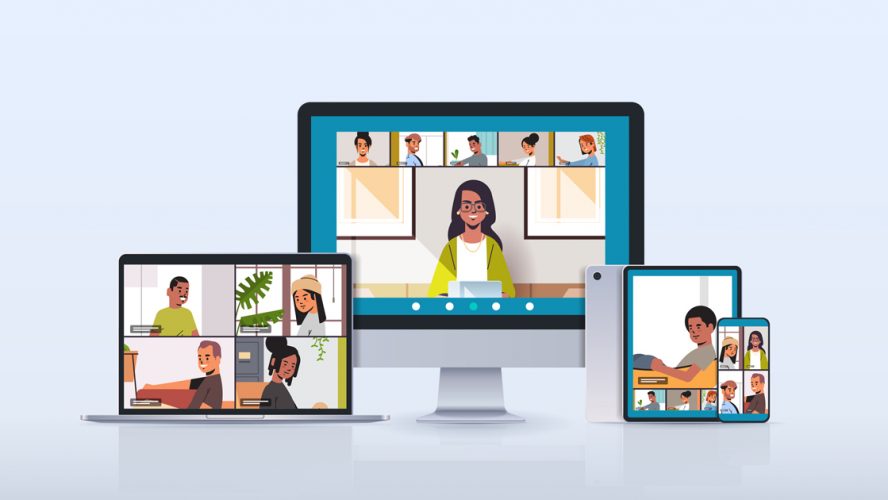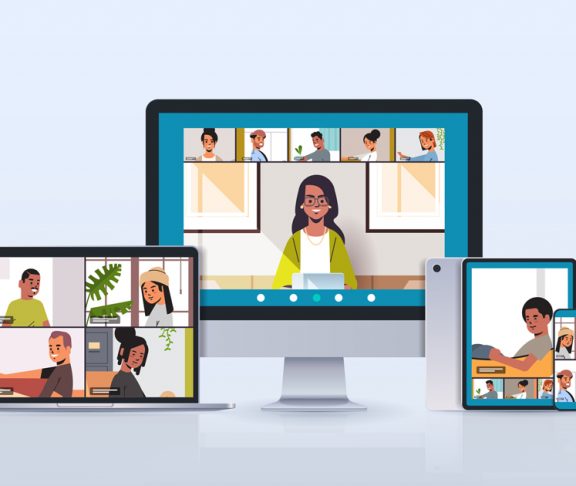
Andy Lancaster
Head of Learning, CIPD
Smart devices play a huge role in our daily lives, but now they are also enabling us to learn smarter through fostering motivation and engagement.
In our consumer-driven world we expect choice. We’ve come a long way since Henry Ford offered cars in any colour, providing it was black. The world of learning now has sophisticated consumers who frequently know what they want to learn and where to access it. Yet in schools, colleges and organisations learners suffer straight-jacket rigid curricula and programmes with few personalised learning experiences.
The necessity of smart devices in learning
Learning theorists have long known that some self-determination in learning is highly motivational. Personal curiosity and interest drives learning engagement, transfer and persistence if things get tough. So, not to foster some individual choice in development activities is senseless.
In the context of consumer choice, the smart device has been the game-changer. Within seconds, a search retrieves a host of intelligent and creative options. For most, smart connectivity is no longer a nice to have, but a necessity.
In most learning settings the best technology is now owned by the learners. We invest in our personal devices more frequently than the organisation, which often lags woefully behind.
If we are serious in harnessing the benefits of self-directed learning, it’s time to lever the advantages of personal smart devices. However, considerations of security and support, or a resistance to change, often results in the response of “… the computer says no!”
For most, smart connectivity is no longer a nice to have, but a necessity.
Organisations must catch up in supporting personal growth
Organisations with more far-sighted visions for learning are proving it can be done. Bring your own device (BYOD) or choose your own device (CYOD) schemes are on the rise with the recognition that personal technology enriches developmental opportunities.
Through mobile connectivity learners have more accessibility to relevant information. Through artificial intelligence, searches yield insightful, personalised responses. It also enables learning collaboration beyond the immediate four walls and access to experts.
Smart devices provide the self-directed learner with fingertip access to a rich learning tapestry of apps, videos, podcasts, audiobooks, blogs, vlogs, communities and even augmented and virtual reality.
There’s little positive resulting from COVID-19, but it has speeded the digital learning revolution. That new seedbed provides opportunities for learners to move from dependency, to interest, to involvement and ultimately to self-direction.
The smart device empowers smarter learning.

